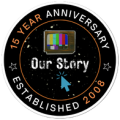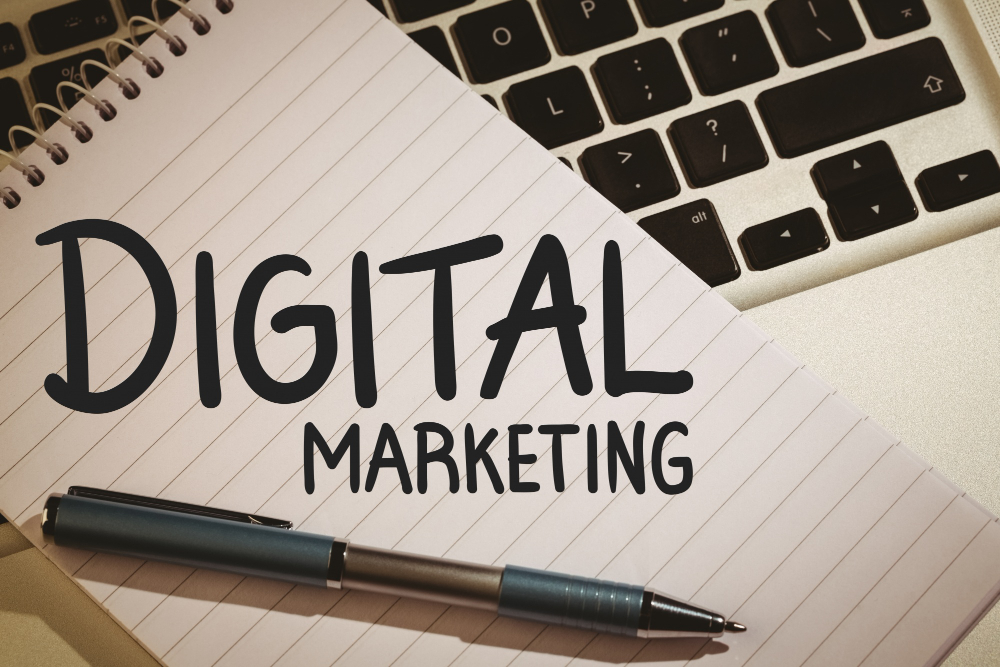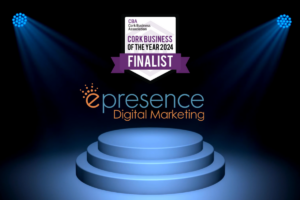Digital Marketing, what is it and how does it compare to Traditional Marketing?
What is Digital Marketing? What is Traditional Marketing? and how do the two differ from each other?
Both terms include the word Marketing and require the same tried, tested and proven basic marketing techniques that have existed for centuries. People are, and always will be People.
According to Maslow, human beings have 5 fixed levels of wants and needs, from the bare essentials of survival. Physiological right through to Self Actualisation.
These needs never change, they are intrinsic to human nature.
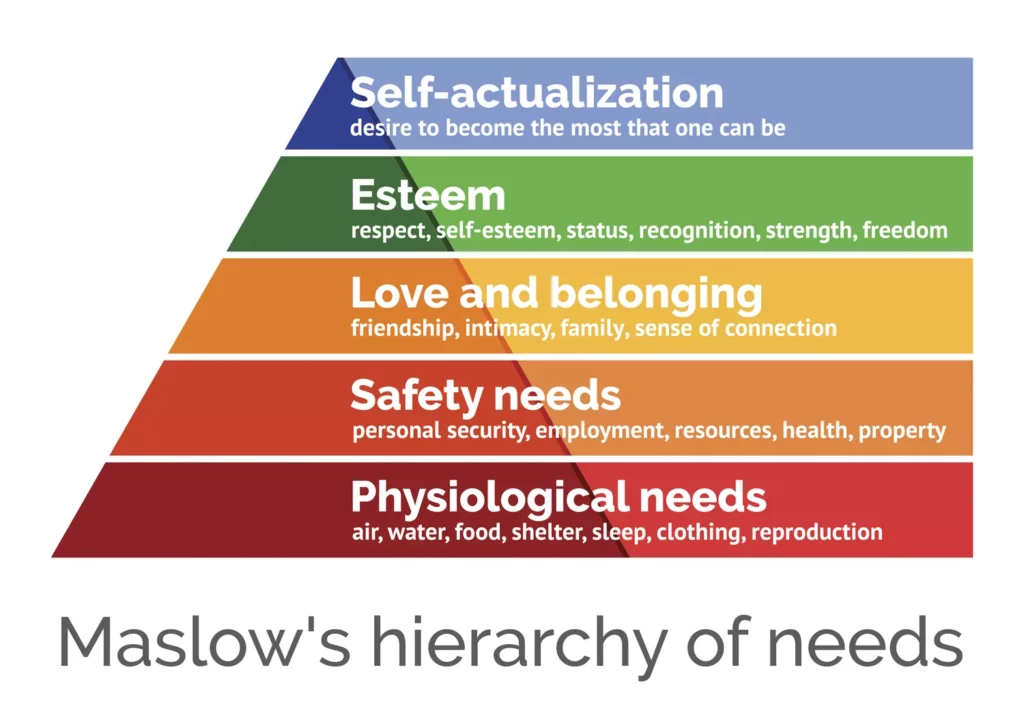
We are an expert Digital Marketing Agency based in Cork, Ireland. We’ve performed numerous successful Digital Marketing Campaigns for a variety of Irish Companies.
Contact Us for your Digital Marketing Requirements.
What are the basics of Marketing common to both Digital and Traditional Marketing?
Essentially marketing is all about getting the right message to the right person at the right time.
1: The Right Person – It is the responsibility of marketing to obtain a deep understanding of their customer’s wants and needs. Marketing needs to know who their customer is.
2: The Right Time – Marketing needs to know where their customers are. How and When they can be reached?
3: The Right Message – Marketing needs to communicate with their prospective clients in a manner that appeals to the client and is most likely to encourage them to take action. The message needs to grab their Attention, get their Interest, create a Desire and move the prospective customer to take Action. (The concept of AIDA)
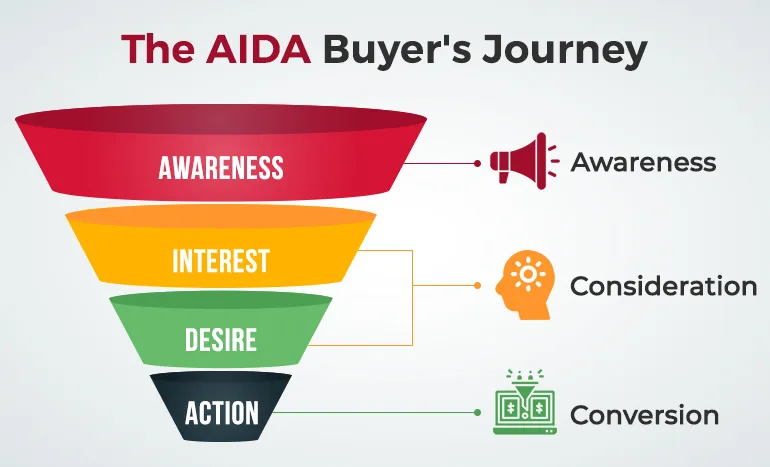
What is Digital Marketing?
Hubspot defines Digital Marketing as:
Digital marketing encompasses all marketing efforts that use an electronic device or the internet. Businesses leverage digital channels such as search engines, social media, email, and other websites to connect with current and prospective customers.
Wikipedia defines Digital Marketing as:
Digital marketing is the marketing of products or services using digital technologies, mainly on the Internet, but also including mobile phones, display advertising, and any other digital medium.[1] Digital marketing channels are systems based on the internet that can create, accelerate, and transmit product value from the producer to the terminal consumer by digital networks.
We don’t believe we could say it any better than the above two definitions, Digital Marketing is Marketing using Digital Channels, Devices and Platforms.
View our Digital Marketing Services.
What Makes Digital Marketing More Effective?
In order to fully understand what makes Digital Marketing more effective we need to first understand the shortcomings of Traditional Marketing.
Traditional Marketing is slow and offers very little feedback. It’s extremely difficult to track how effective a traditional marketing campaign is. It’s impossible to track how many people viewed an advert in a magazine or saw a Billboard on the side of the highway and then responded by purchasing the advertised product.
Traditional Marketing is more Outbound, Hit and Miss and Intrusive in nature. It’s extremely difficult to track who, or how many customers, made a purchase based on a specific marketing campaign that was running at the time.
Making alterations to a Traditional Marketing Campaign can be time-consuming and expensive. Traditional Marketers know that half their marketing budget is being wasted, they just don’t know which half.
Digital Marketing offers much greater intelligence providing real-time feedback and data that enables digital marketing campaigns to be optimised, on the fly and at minimal cost, depending on that feedback.
This real-time data enables Digital Marketers to better track the effectiveness of different Digital Marketing Campaigns, this intelligence is vital in reducing wasted expenditure by lowering the Cost per Acquisition and improving your company’s Return on Investment. Digital Marketers are able to quickly shift resources away from Campaigns that are not working and better utilize these resources on Campaigns that are producing better results.
Digital Marketing allows for Outbound AND Inbound Marketing approaches. Inbound Marketing is a more powerful technique peculiar to Digital Marketing as it Attracts potential customers to your company at a time when they are actively looking for your products or services meaning they are more likely to make an actual purchase.
Examples of Digital Marketing Platforms?

Website, including User Interface and User Experience.
Your company website is the core of your overall Digital Marketing or Online Presence. A well-optimised website can be your best “salesperson” working tirelessly for you 24 hours a day, 365 days a year. Attracting website visitors, converting these visitors into leads and ultimately into paying clients.
Search Engine Optimisation.
The three aspects of SEO are Technical, On-Page and Off-Page, but essentially anything that affects your website’s organic rankings in Google SERPs could be considered an SEO factor. Ideally, you want to have your website ranking as high as possible in Google SERPs for as many Keywords-Searches as possible as the top 3 ranking positions get approximately 70% of all the search traffic.
Social Media.
Social Media has literally exploded over the last decade with billions of people all over the world now being active on one or more Social Media platforms. Social Media Marketing can be a bit of a minefield for marketers considering the variety of platforms now available, the ever-changing and evolving demographics on the numerous platforms and the varying effectiveness of platforms for different business types. Bear in mind that Social Media is not suited to Hard Selling, but is better for engaging with your customers or followers, think of it as more of an online conversation you have with your clients. Social Media is great for Brand Awareness and building trust.
Email Marketing.
Email Marketing remains one of the most powerful and effective Digital Marketing tools if utilised properly. Email Marketing offers low cost, but high conversion rates, therefore, providing an excellent ROI. With Email Marketing, you are communicating with a captive audience that has given you permission to communicate with them. It’s a fantastic tool for building client loyalty.
Content Marketing.
Although Content Marketing could be considered a part of SEO it’s such a powerful tool it deserves a classification of its own. Good quality Content Marketing serves two extremely important purposes. Firstly it appeals to Google and Secondly, it appeals to your website and visitors. Content Marketing creates a cycle of positivity and growth. Quality content that is hosted on your website will improve your Google Ranking, improved Google Rankings will attract more site visitors to your content leading to more Likes, Shares and Links to your content which further improves your website ranking on Google SERPs (Backlinks are ranked as the number 1 ranking factor by many SEO experts.). Quality content also provides marketing with material worth promoting on other platforms which again attracts more potential clients to your website. Quality Content generates trust which leads to improved conversion rates. It’s no wonder we often hear the saying “Content is King”.
Digital Advertising.
Digital Advertising includes all forms of Paid Online Advertising which are available on a variety of Platforms and Apps. From Google Display ads to Facebook, LinkedIn and other Social Media platforms.
Google Search Network, Google Ads.
Google Search Network could be included under Paid Digital Advertising above, but we’ve chosen to give it special mention as it works slightly differently from most other forms of Digital Advertising. The Google Search Ads are designed to be displayed to potential customers when they are actively performing a relevant search for your products or services and making use of selected keywords or phrases. This format is extremely powerful when linked to Google Remarketing and In-marketing on the Google Display Network.
Marketing Automation.
It’s unlikely that many SMEs make use of Marketing Automation beyond a basic level, but for larger companies, it’s advantageous in saving time and resources by automating many mundane, repetitive tasks that previously required human intervention.
Salesforce defines Marketing Automation as:
Marketing automation is a technology that manages marketing processes and multifunctional campaigns, across multiple channels, automatically.
Hubspot defines Marketing Automation as:
Marketing automation is all about using software to automate marketing activities. Many marketing departments automate repetitive tasks such as email marketing, social media posting, and even ad campaigns — not just for the sake of efficiency, but so they can provide a more personalized experience for their customers. The technology of marketing automation makes these tasks easier.
Online PR.
Online PR is responsible for protecting your Company’s Brand in the Online World including monitoring and influencing Search, Social, Influencers, Bloggers, Directories etc. This could also include monitoring of Backlinks to the company website and the quality thereof.

